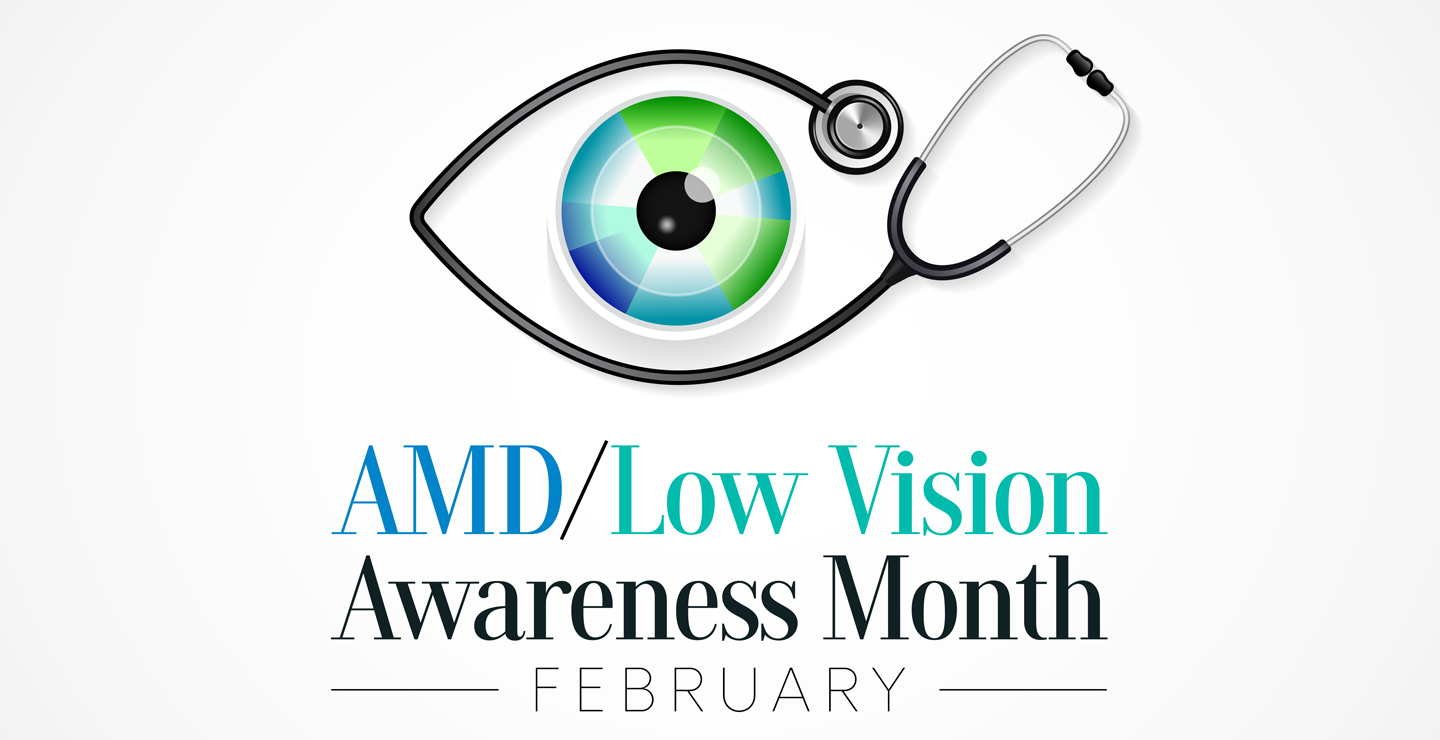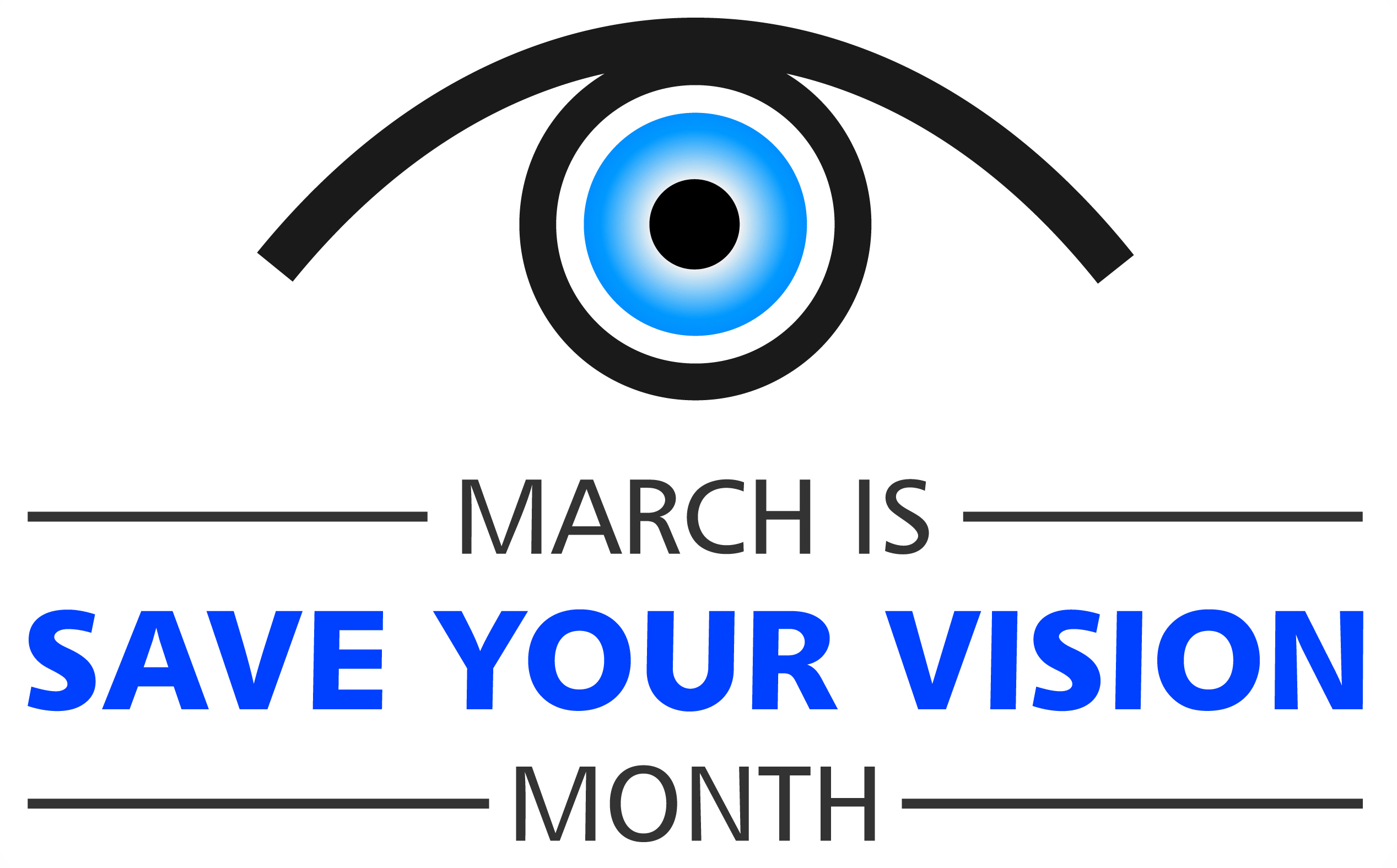 Save Your Vision Month is here.
Save Your Vision Month is here.
We at DEF remind you to prioritize your eyes in 2024
In honor of Save Your Vision Month, here are some everyday things you can control to help “Save Your Vision”.
- Enjoy a cup of tea –Green tea contains antioxidants, like vitamins C and E, lutein, and zeaxanthin that help protect against AMD and cataracts. It is it hydrating, helping you produce tears.
- Take time to blink – On an average you blink about 15 – 20 times a minute. However, that rate drops by half when viewing text on a screen. Try using the 20/20/20 rule when staring at a screen: Every 20 minutes, look 20 feet away for 20 seconds so you can blink naturally and give your eyes time to relax.
- Wear sunglasses and a hat – Exposure to ultraviolet (UV) rays can deteriorate vision over time and can lead to cataracts and possibly age-related macular degeneration (AMD). The American Optometric Association recommends sunglasses that block at least 99 percent of UVA and UVB radiation and that screen out 75 – 90% of visible light. And if you plan to spend a lot of time outdoors, it’s a good idea to get sunglasses with lenses that are polarized, which means that they’ve been treated to reduce glare. We suggest wearing a large brimmed hat to further protect your eyes.
- Increase the seafood in your diet – Omega-3 fatty acids have been shown to bolster heart and brain health, as well as decrease your risk of eye disease. Studies show consuming omega-3 fatty acids, whether in foods you eat or in a supplement. It may help reduce your risk of developing macular degeneration. Research also shows not only can omega-3 fatty acids help reduce your risk of developing dry eyes, but it may also help treat bothersome symptoms as well.
- Eat a rainbow – Eating a full rainbow of fruits and vegetables regularly helps give your body the nutrients it needs. In addition to fiber, vitamins and minerals, naturally colored foods contain what are known as phytochemicals, which are disease-fighting substances that also give fruits and vegetable their array of colors. Star nutrients are lutein and zeaxanthin—pigments found in such foods as dark, leafy greens, broccoli, zucchini, peas, and Brussels sprouts. Also important are antioxidants found in red foods such as strawberries, cherries, red peppers and raspberries, orange foods have beta-carotene and include carrots, pumpkins, sweet potatoes and yams.
- Use digital screens at a safe distance – The brightness and glare from computers, tablets, smartphones and televisions can lead to eyestrain after prolonged use. Recent studies have also shown ill-effects from the UV rays from these devices. Symptoms can include headaches, blurred vision, dry or red eyes and difficulty refocusing. Experts recommend keeping the computer screen at least an arm’s length away and that you hold a handheld device at least 16 inches from your eyes.
- Contact lens solutions serve a purpose –The most harmful but common problem is moistening contacts with saliva instead of saline solution. Proper contact lens care is important for keeping and free from infection.
- Make-up makeover – Replace tubes of mascara after three months, as it is a breeding ground for bacteria. Sharpen liner pencils regularly and while it is okay to line the base of your lashes, using the liner inside the lash line can block oil glands. Replace eye shadows yearly and don’t share your eye cosmetics.
- Use protective goggles – According to studies nearly half of eye injuries happen at home. These injuries occur when protective eyewear is not used or when the incorrect protective eyewear is used and an exposure occurs from around or under the protective eye equipment. Sports activities are another cause of eye injuries, from contact sports to sports that use balls that could catch you unaware. When snowboarding or skiing remember to protect your eyes from the sun and wind with tinted goggles that have UV protection.
- Have a yearly eye exam – Even if you don’t wear corrective lenses, adults should get a comprehensive eye exam (which includes dilating your pupils with drops) by age 40. After that a yearly eye exam is recommended to keep your eyes healthy and catch any changes in your eyes that may be indicators of eye disease. If you have a family history of glaucoma or age-related macular degeneration, or you have diabetes, you are at a higher risk for vision-related issues and your doctor may elect to see you more often. If you have symptoms such as persistent pain inside or behind your eyes, redness, or gradual loss of vision, make an appointment with your doctor immediately.





 Don’t smoke. Smoking increases your risk for age-related macular degeneration, cataract, and other eye diseases and conditions that can damage the optic nerve.
Don’t smoke. Smoking increases your risk for age-related macular degeneration, cataract, and other eye diseases and conditions that can damage the optic nerve. Wear protective eyewear when outdoors. Protecting your eyes from the sun’s ultraviolet rays when you are outdoors is vital for your eye health. Wearing sunglasses that block 99 to 100 percent of both UV-A and UV-B radiation.
Wear protective eyewear when outdoors. Protecting your eyes from the sun’s ultraviolet rays when you are outdoors is vital for your eye health. Wearing sunglasses that block 99 to 100 percent of both UV-A and UV-B radiation. Know your family history. Talk to your family members about their eye health history. It’s important to know if anyone has been diagnosed with a disease or condition since many are hereditary, such as glaucoma, macular degeneration, and diabetes . This will help determine if you are at higher risk for developing an eye disease or condition.
Know your family history. Talk to your family members about their eye health history. It’s important to know if anyone has been diagnosed with a disease or condition since many are hereditary, such as glaucoma, macular degeneration, and diabetes . This will help determine if you are at higher risk for developing an eye disease or condition. Consider a multivitamin. Vitamins C, E and the mineral zinc have been shown to promote eye health. Vitamins with Lutein and Zeaxanthin have been known to help patients with moderate to severe age-related macular degeneration.
Consider a multivitamin. Vitamins C, E and the mineral zinc have been shown to promote eye health. Vitamins with Lutein and Zeaxanthin have been known to help patients with moderate to severe age-related macular degeneration. Give your eyes a rest. If you spend a lot of time at the computer or focusing at any one distance, you sometimes forget to blink, resulting in dryness and eye fatigue. Every 20 minutes, look away about 20 feet in front of you for 20 seconds. This can help reduce eyestrain. Consider using a lubricant eye drop during long periods of intense eye use and rest your eyes for 5 minutes.
Give your eyes a rest. If you spend a lot of time at the computer or focusing at any one distance, you sometimes forget to blink, resulting in dryness and eye fatigue. Every 20 minutes, look away about 20 feet in front of you for 20 seconds. This can help reduce eyestrain. Consider using a lubricant eye drop during long periods of intense eye use and rest your eyes for 5 minutes.

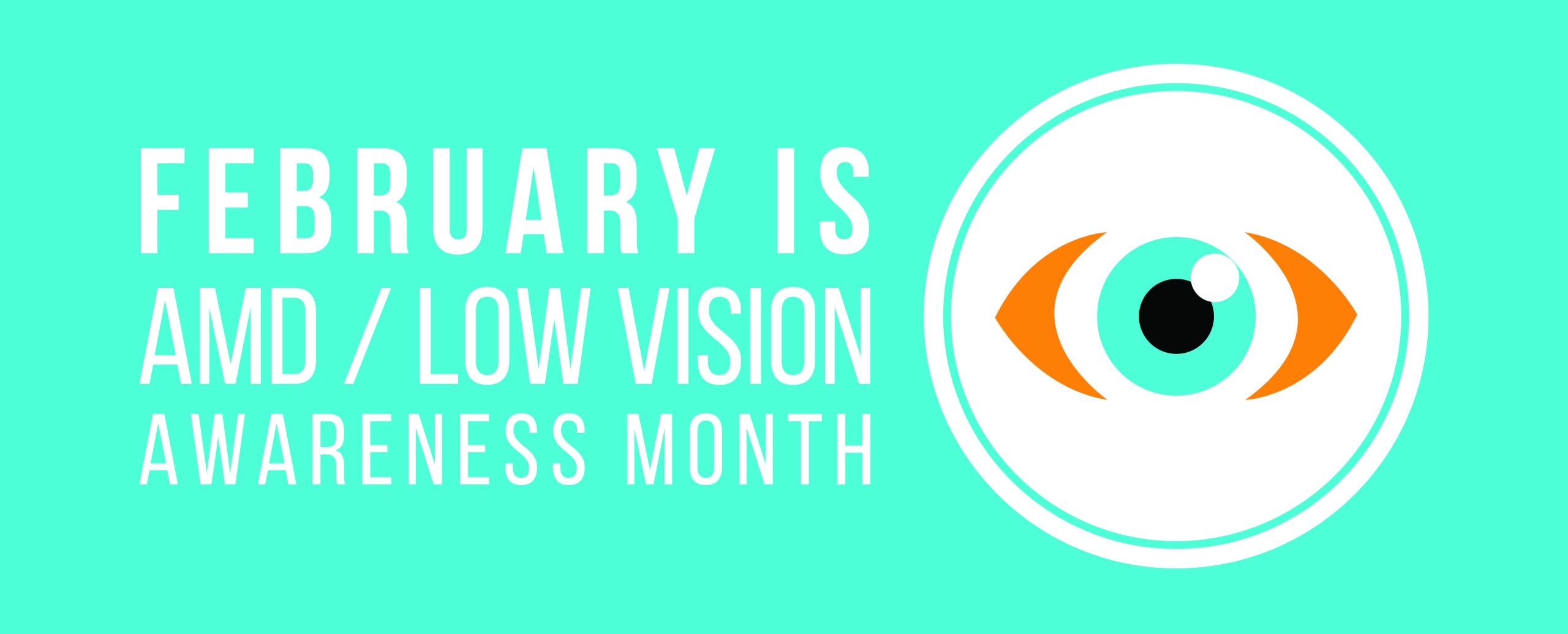
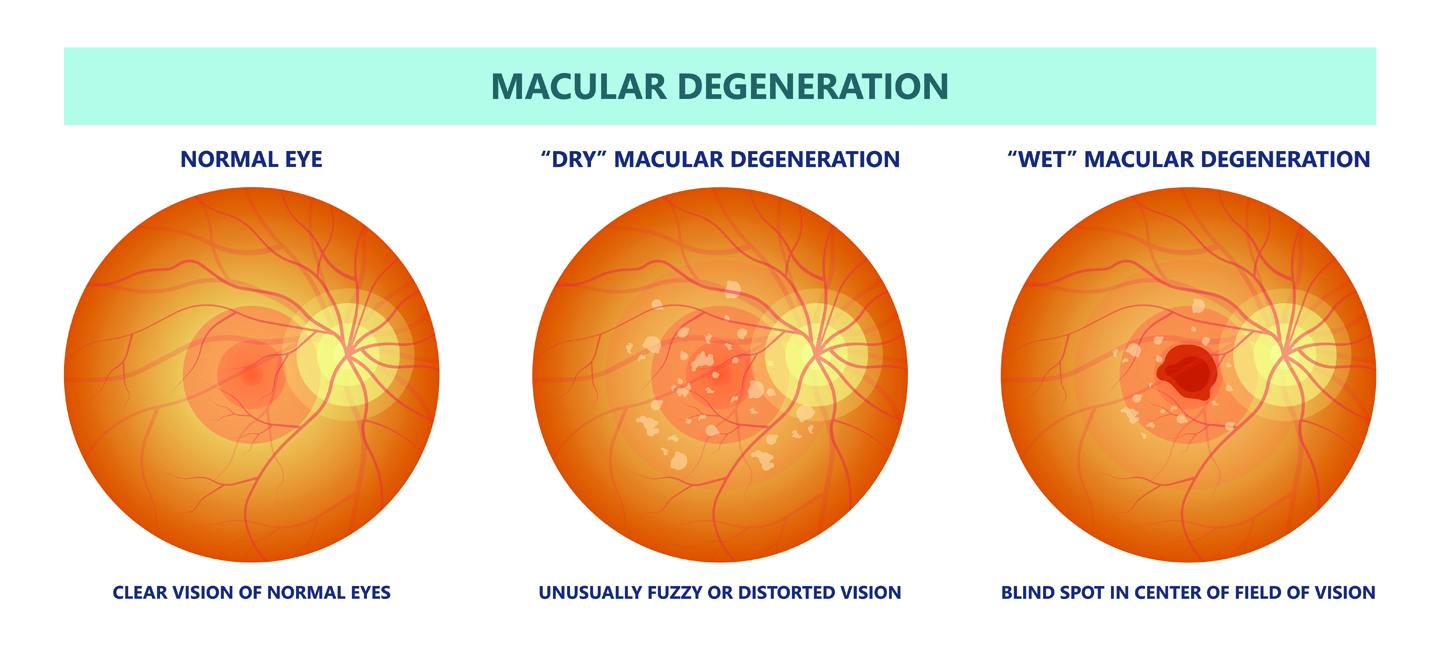
 Harsh weather conditions can reduce the natural moisture in your eyes and the irritation usually results in a burning or itching sensation that often leads to rubbing or scratching your eyes which can worsen the symptoms. Sometimes it feels like there is a foreign object in your eye and for some, dry eyes can even cause excessive tearing, as your eyes try to overcompensate for their lack of protective tears. Prolonged, untreated dry eyes can lead to blurred vision as well. Between the harsh winter winds outside and the dry heat radiating inside, our eyes are very quickly irritated and dried in the winter months. The result is itchy, dry eyes that may cause pain, blurred vision, a burning sensation, or even watery vision as our eyes try to compensate for the dryness.
Harsh weather conditions can reduce the natural moisture in your eyes and the irritation usually results in a burning or itching sensation that often leads to rubbing or scratching your eyes which can worsen the symptoms. Sometimes it feels like there is a foreign object in your eye and for some, dry eyes can even cause excessive tearing, as your eyes try to overcompensate for their lack of protective tears. Prolonged, untreated dry eyes can lead to blurred vision as well. Between the harsh winter winds outside and the dry heat radiating inside, our eyes are very quickly irritated and dried in the winter months. The result is itchy, dry eyes that may cause pain, blurred vision, a burning sensation, or even watery vision as our eyes try to compensate for the dryness.
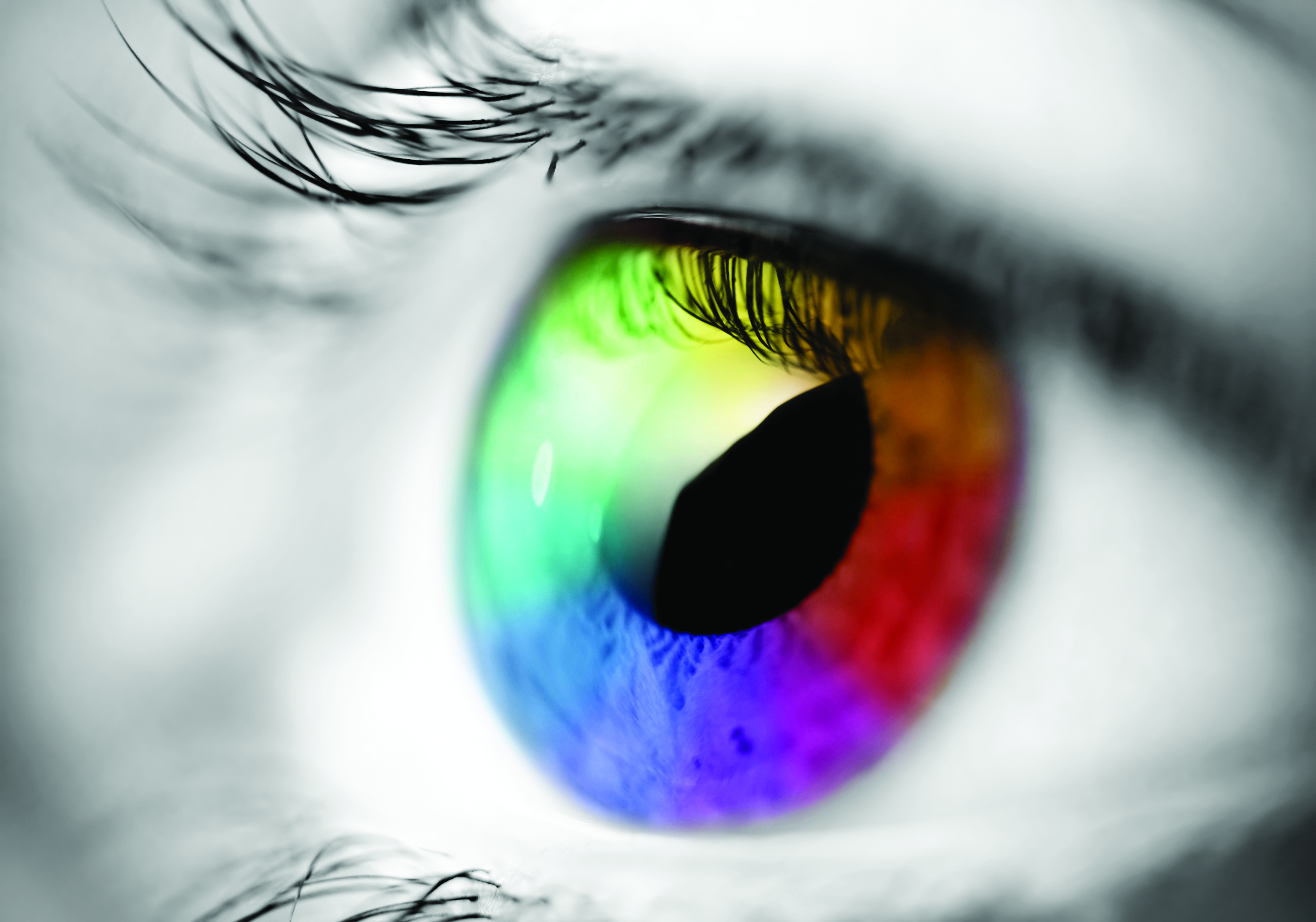 Most people have eye problems at one time or another. Some are minor and will go away on their own, or are easy to treat at home. Others need a specialist’s care. Some eye issues come with age while others may be a serious condition.
Most people have eye problems at one time or another. Some are minor and will go away on their own, or are easy to treat at home. Others need a specialist’s care. Some eye issues come with age while others may be a serious condition.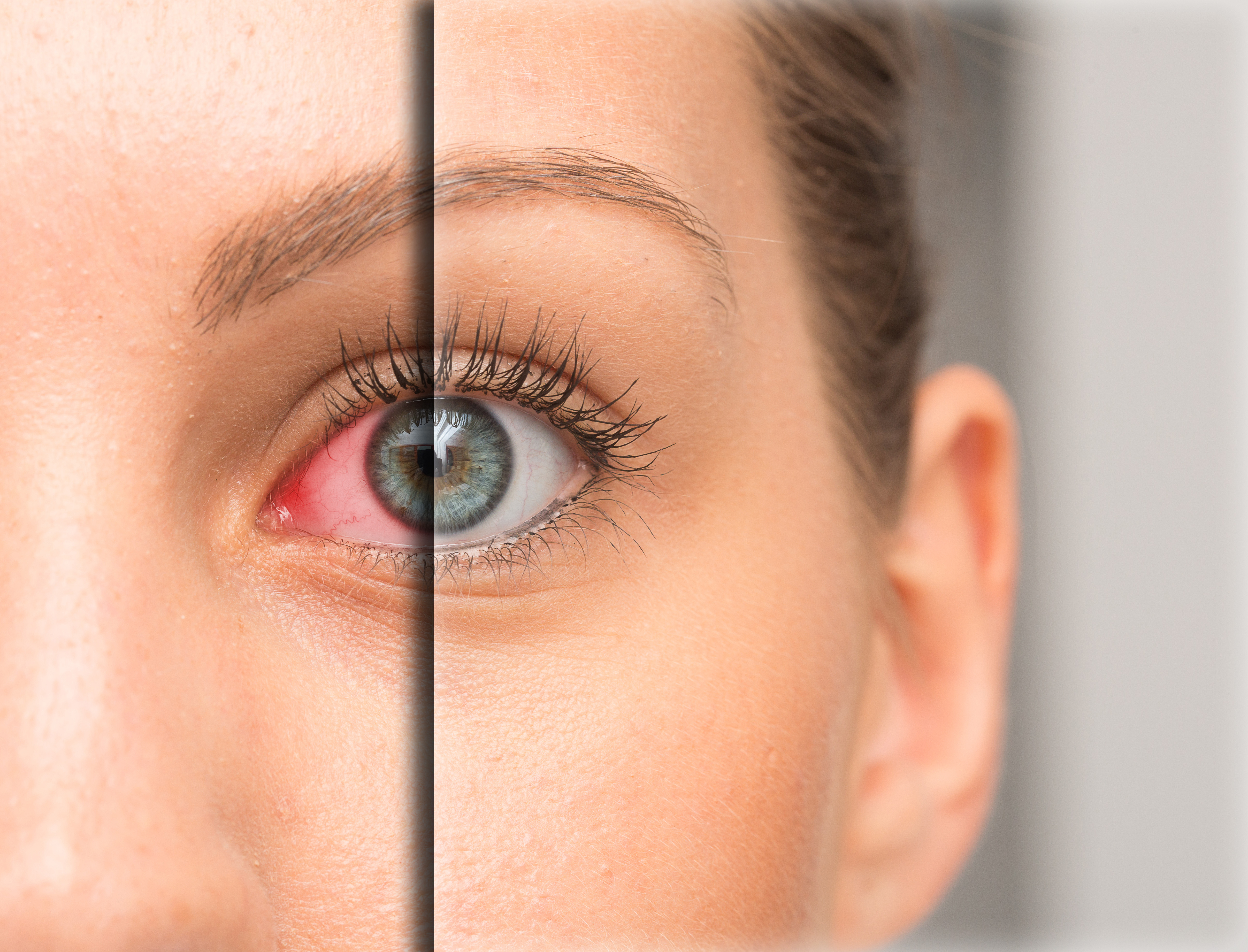 Dry eye is a common condition that occurs when your tears aren’t able to provide adequate lubrication for your eyes. Tears can be inadequate for many reasons. For example, dry eyes may occur if you don’t produce enough tears or if you produce poor-quality tears. Dry eyes can also feel very uncomfortable.
Dry eye is a common condition that occurs when your tears aren’t able to provide adequate lubrication for your eyes. Tears can be inadequate for many reasons. For example, dry eyes may occur if you don’t produce enough tears or if you produce poor-quality tears. Dry eyes can also feel very uncomfortable.


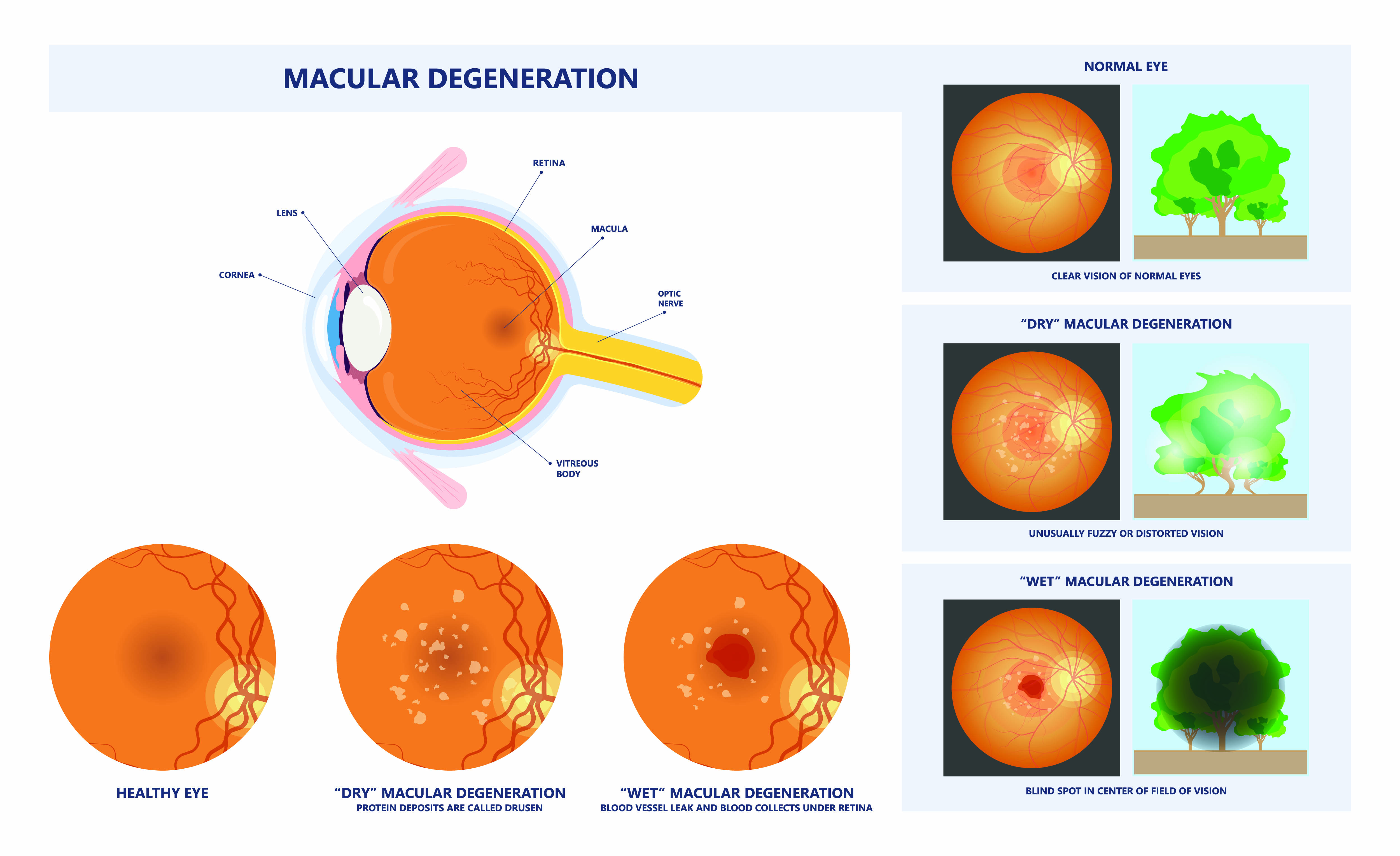
 As winter shifts to spring, and flowers, grasses and trees begin to bloom, spring can take a toll on your eyes if you suffer from seasonal allergies. The spring season has a marked an increase in pollen and allergens in the air, that leave you with congestion, headaches, and itchy, swollen eyes, known as eye allergies.
As winter shifts to spring, and flowers, grasses and trees begin to bloom, spring can take a toll on your eyes if you suffer from seasonal allergies. The spring season has a marked an increase in pollen and allergens in the air, that leave you with congestion, headaches, and itchy, swollen eyes, known as eye allergies.